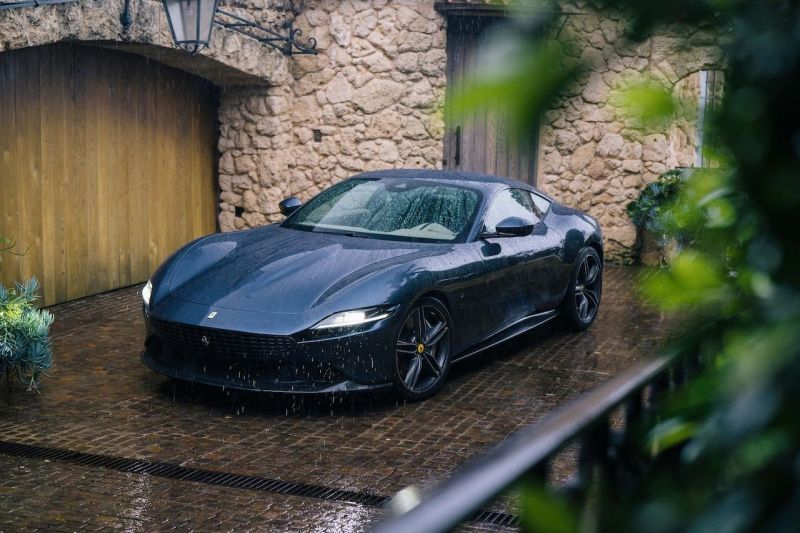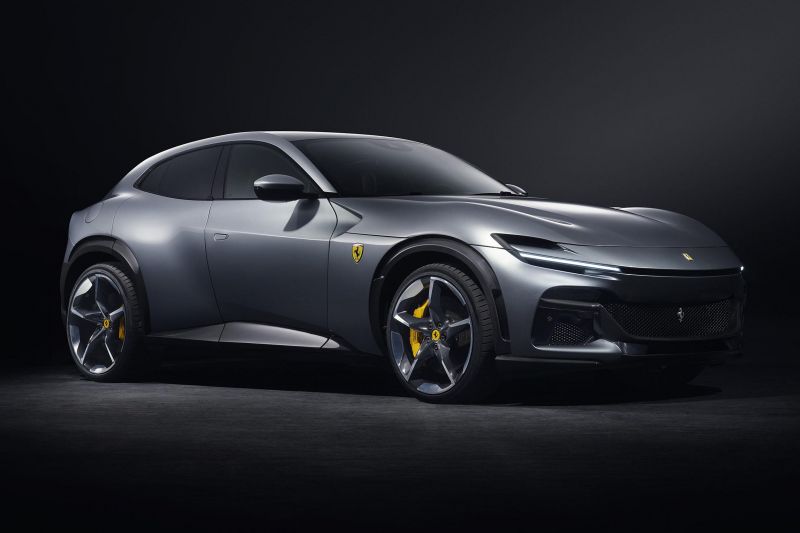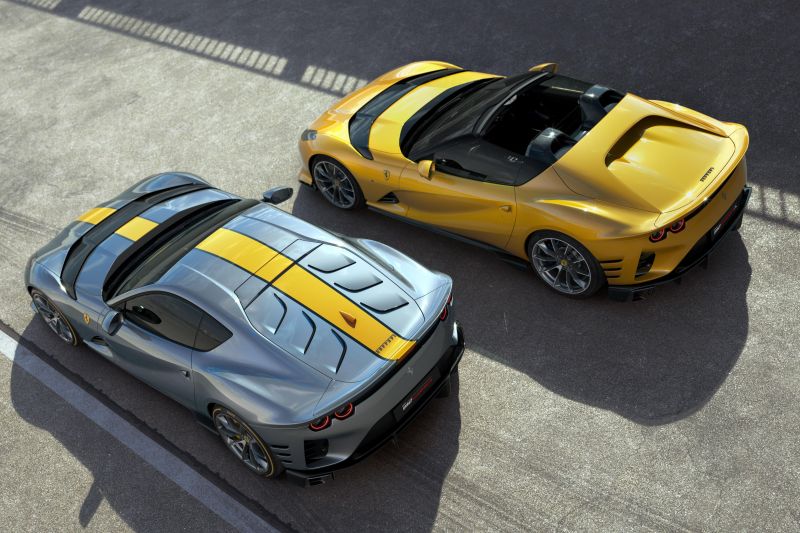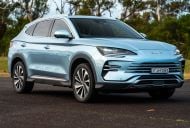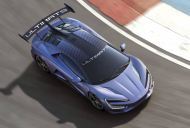Ferrari CEO Benedetto Vigna has said his company’s 5000+ employees will receive bonuses up to €13,500 (A$20,813) after a strong year for the brand.
Bloomberg reports the bonus amount is up 12.5 per cent from the previous year.
In 2022, Ferrari delivered 13,221 units, up 18.5 per cent year-over-year. The Maranello-based company also achieved a record net profit of €939 million ($A1.45 billion), which is up from the €833 million ($A1.28 billion) it made the previous year.
Net revenue was €5.1 billion ($A7.86 billion).
The Europe, Middle East and Africa (EMEA) region was the biggest for Ferrari in 2022 with 5958 vehicles delivered, up 8.0 per cent from 2021.
The next biggest region was the Americas with 3447 vehicles delivered, up by 22 per cent from last year.
Mainland China, Hong Kong and Taiwan was the third top-selling region with 1552 vehicles delivered, up 73 per cent from last year, followed by the Asia-Pacific (APAC) region with 2264 vehicles delivered, up 17 per cent from 2021.
Locally sales are on the rise marginally, with a 4.6 per cent increase to 203 units last year.
The Ferrari model line-up for 2022 included nine internal-combustion engine (ICE) vehicles and three hybrid models. It claims the shipment split was 78 per cent and 22 per cent, respectively.
The company also plans to increase the prices of its vehicles to offset current cost inflation.
The brand now has up to a two-year wait on some models including the new Purosangue, with Mr Vigna claiming the demand “has been extraordinarily high; well beyond expectations”. Build slots have been temporarily closed for new orders.
The carmaker has big plans for its future line-up with the introduction of the Purosangue and its first-ever electric vehicle. There are rumours we may also see a Roma convertible.
Ferrari has confirmed it will launch four new models this year, though it has remained tight-lipped as to what these will be.
They’re understood to form part of the 15 new cars due by 2026.
By 2026, Ferrari aims to have a vehicle lineup that consists of 60 per cent hybrid and all-electric vehicles, and 40 per cent internal combustion-powered models.
By 2030, the Prancing Horse will boost this figure to 40 per cent hybrid, 40 per cent all-electric, and 20 per cent internal-combustion vehicles.

